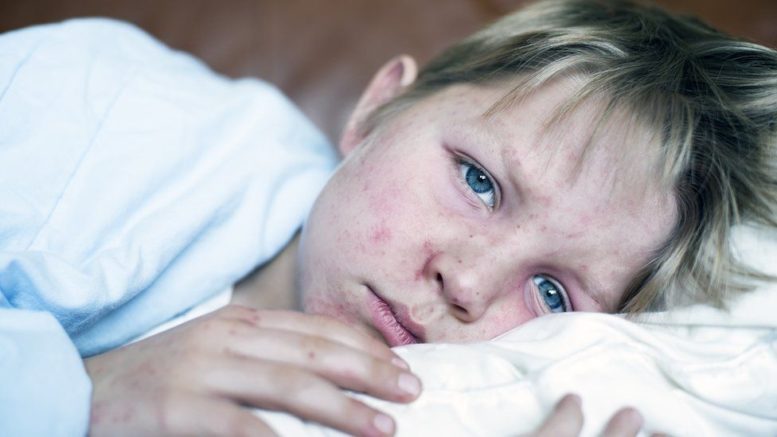The World Health Organization (WHO) has reported a significant and alarming nearly 45-fold increase in measles cases in Europe last year. The organization emphasizes the urgency of implementing measures to curb further spread of the disease, which has seen a surge in infections, reaching 42,200 cases in 2023 compared to 941 in 2022. The WHO attributes this increase to a decline in childhood vaccinations against measles during the COVID-19 pandemic.
In the UK, health officials have expressed concerns about a highly contagious measles outbreak in the West Midlands, warning of potential rapid spread to areas with low vaccination rates. More than 3.4 million children under the age of 16 in the UK are currently unprotected and at risk of contracting measles.
The WHO stresses the need for immediate action, as the vaccine-preventable disease can lead to severe complications such as pneumonia, meningitis, blindness, and seizures. Complications are particularly severe for babies, pregnant women, and individuals with weakened immune systems.
Dr. Hans Kluge, the WHO’s regional director, noted a 30-fold increase in measles cases in the European region, along with almost 21,000 hospitalizations and five measles-related deaths. Kluge emphasized that vaccination is the primary means of protecting children from this potentially dangerous disease.
The MMR (measles, mumps, and rubella) vaccine is administered in two doses, with the first given around age one and the second around three years and four months. Despite the vaccine’s effectiveness, only 85% of children starting primary school in the UK have received both doses. The WHO calls on all European countries to promptly detect and respond to measles outbreaks while increasing vaccination coverage.
The impact of the COVID-19 pandemic on immunization systems is evident, with vaccination rates slipping from 96% in 2019 to 93% in 2022 for the first MMR vaccine dose across Europe. The uptake of the second dose also decreased from 92% to 91% during the same period. The WHO attributes these declines to disruptions caused by the pandemic, resulting in an accumulation of unvaccinated and under-vaccinated children.
With international travel resuming and social-distancing measures lifted, the risk of measles spreading across borders and within communities has increased, especially in under-vaccinated populations. The WHO underscores the importance of achieving 95% vaccination coverage with two doses to prevent the highly contagious disease’s spread in all communities.

